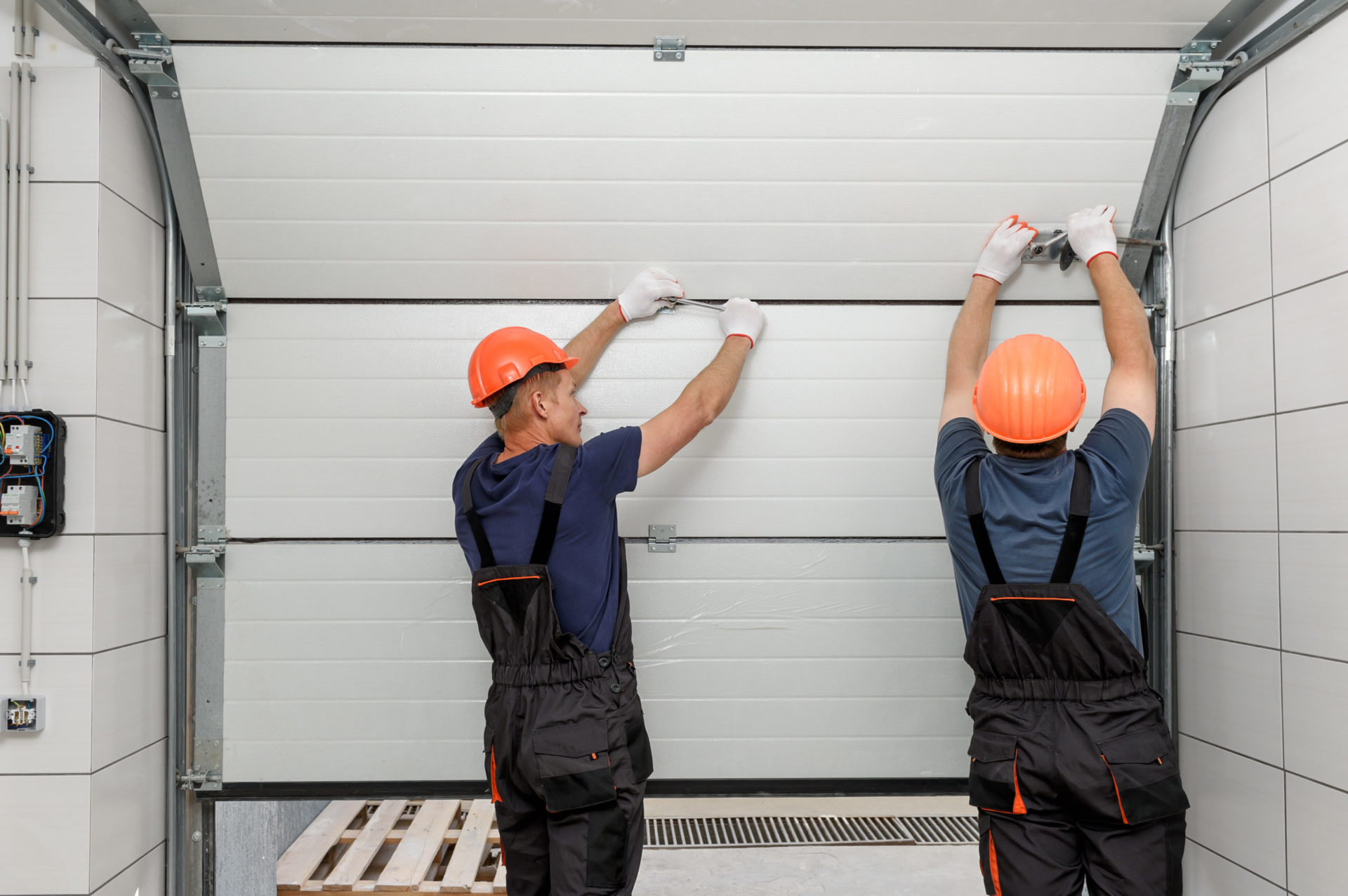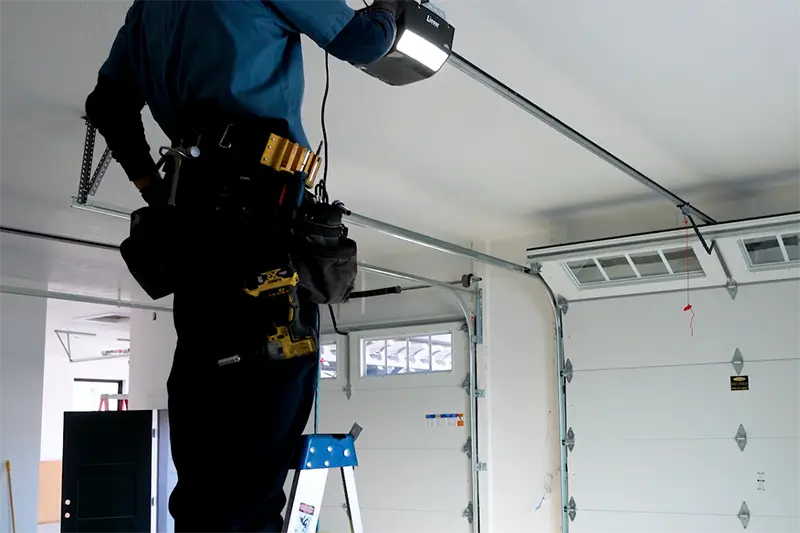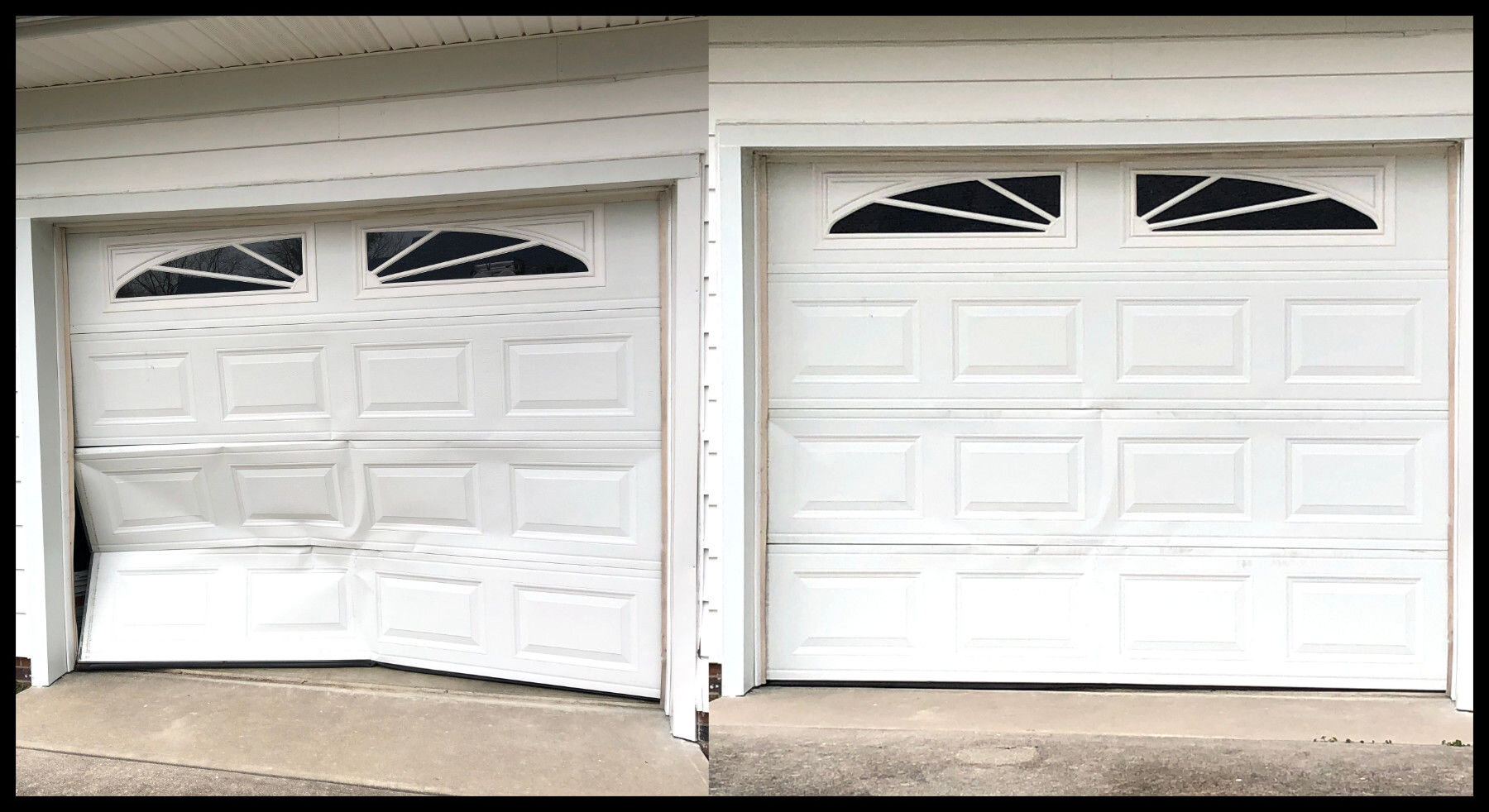Garage Door Roller Replacement Reseda Garage Door Opener Repair

One of probably the most telltale indicators of a defective garage door sensor is that if the door does not close utterly. Instead of absolutely closing, the door would possibly reverse and open once more when it senses an object. In some cases, you might discover that the garage door initiates closing but then quickly reverses back up. This conduct could be attributed to misaligned sensors, permitting them to falsely interpret an obstruction.

Physical obstruction is another issue to contemplate. Dirty or blocked sensors might not function appropriately. Check to see if there may be any dust, particles, or spider webs obstructing the sensor lenses. A simple cleaning could resolve the issue. Using a gentle fabric, gently wipe the lenses to ensure they're clear and freed from any obstacles.
Garage Door Insulation Reseda CA Garage Door Tune-Up Services
A malfunctioning garage door opener remote can generally be misdiagnosed as a sensor concern. If the remote fails to speak with the garage door, it’s value testing the sensors directly. Use the wall button to open and close the door. If the door operates usually with the wall swap but not with the remote, the problem might lie with the remote itself.
Testing the sensors immediately may help decide their operational status. To do this, you ought to use an object to block the sensor beam while the door is closing. If the door reverses upon sensing the obstruction, the sensors are doubtless functioning accurately. If the door continues to shut without reversing, this signifies a problem with one or both of the sensors.
Environmental elements may additionally affect sensor performance. If the sensors are exposed to heavy rain, snow, or extreme heat, they could malfunction. Even humidity can play a job in sensor reliability. If the weather has been significantly harsh, consider whether these conditions could be impacting your sensors.
Electrical points also can result in sensor malfunction. Inspect the wiring connecting the sensors to the garage door opener. Look for frayed or broken wires, which might stop the sensors from receiving energy or speaking correctly with the garage door system. If the wiring seems good, verify the power supply to the opener itself.
Garage Door Opener Reseda CA Custom Garage Door Installations
In some instances, internal malfunctions may happen throughout the sensors. Over time, the inner mechanisms can put on out, resulting in surprising failures. If cleansing and changes don't yield constructive results, sensor replacement could also be one of the best course of action (Garage Door Opener Repair Reseda). Many garage door sensors are relatively cheap and easy to replace.
In addition, it might be prudent to seek the assistance of the manufacturer’s handbook for specific troubleshooting tips related to your mannequin. Each garage door system can differ, and the handbook could provide guidance that is notably related to your scenario. Following these pointers can often enhance the troubleshooting process.
Steel Garage Doors Reseda CA Expert Garage Door Repair
Regular maintenance can lengthen the lifetime of your garage door sensors. Periodic cleansing, testing, and visible inspections may help catch issues early before they escalate into significant problems. Regular care can make positive that your sensors are in good working condition, maintaining the security of your garage door operation.

In abstract, the importance of figuring out how to inform if a garage door sensor is unhealthy can't be overstated. From evaluating bodily obstruction website here and sensor alignment to testing the wiring and inner elements, a variety of things contribute to sensor functionality.
Roll-Up Garage Doors Reseda Expert Garage Door Opener Installation
Regular maintenance, combined with thorough testing, can even stop future points (Garage Door Chain Repair Reseda). When unsure, reaching out to professionals can present reassurance and much-needed experience. Ultimately, guaranteeing that your garage door sensors are functioning correctly enhances the overall security of your personal home and its computerized systems.
- Check for blinking or solid lights on the sensor; a strong mild usually signifies normal operation, while blinking may signify a problem.
- Test the alignment of the sensors; misaligned sensors can forestall the door from functioning correctly, resulting in a possible failure.
- Look for any seen harm or obstructions close to the sensors; dirt, spider webs, or physical breakage can interfere with their operation.
- Listen for unusual sounds when the garage door is operated; grinding or clicking noises can indicate sensor malfunction.
- Conduct a guide check by putting an object within the door’s path; if the door does not reverse, the sensors could additionally be faulty.
- Inspect the wiring linked to the sensors for frays or free connections that might disrupt energy provide or performance.
- Evaluate the temperature situations; excessive weather can have an result on sensor efficiency, resulting in momentary points.
- Use a multimeter to examine for energy operating to the sensors; a scarcity of voltage can indicate a sensor drawback or wiring problem.
- Consider the age of the sensors; older models may become unreliable and higher changed somewhat than repaired.
- Seek skilled help if the problem persists despite troubleshooting; an expert can diagnose issues that is probably not instantly obvious.undefinedHow can I inform if my garage door sensor is malfunctioning?undefinedCheck for a purple or amber light on the sensor. If it’s not illuminated or blinking, the sensor could also be bad. Additionally, you can manually block the sensor and see if the garage door reacts correctly — if it doesn't reverse, the sensor would possibly need replacement.
What are the common indicators of a faulty garage door sensor?undefinedCommon signs include the garage door failing to close fully, erratic motion, or not responding to remote instructions. A misaligned sensor may additionally trigger these points, so examine their positioning as a half of your diagnostic process.
Can a bad garage door sensor stop the door from closing?undefinedYes, a malfunctioning sensor may cause the garage door to reverse or fail to close. This is a security characteristic designed to stop injuries or accidents, so pay attention to the habits of your garage door.
Garage Door Replacement Parts Reseda CA Fast Garage Door Service
How do I clean my garage door sensors?undefinedTo clear garage door sensors, gently wipe the lenses with a gentle, dry cloth. Avoid utilizing harsh chemical substances, which can harm the sensor. Regular cleansing can improve performance and stop sensor-related issues.
What should I do if my garage door sensor is misaligned?undefinedCarefully realign the sensors so they face each other instantly. Use a stage to verify their positioning. If aligning them doesn’t resolve the problem, think about looking for professional help for further inspection.
Garage Door Cable Repair Reseda CA Garage Door Remote Programming
Is it necessary to replace each sensors if one is bad?undefinedWhile it isn't strictly needed to replace both, doing so is advisable. Installing a brand new sensor with an old one might result in compatibility points, affecting the garage door's performance.
Can weather have an effect on the efficiency of garage door sensors?undefinedYes, excessive weather conditions can impact efficiency. Heavy rain, snow, or humidity see page may obscure the sensors or affect their alignment. Regular maintenance and inspection throughout seasonal modifications can help mitigate these results.

Garage Door Repair Near Me Reseda Custom Garage Door Repairs
What if my garage door sensor nonetheless doesn’t work after replacement?undefinedIf the model new sensor doesn’t resolve the issue, check for wiring problems or seek the advice of a professional technician. There may be further issues with the garage door opener or other components that require attention.